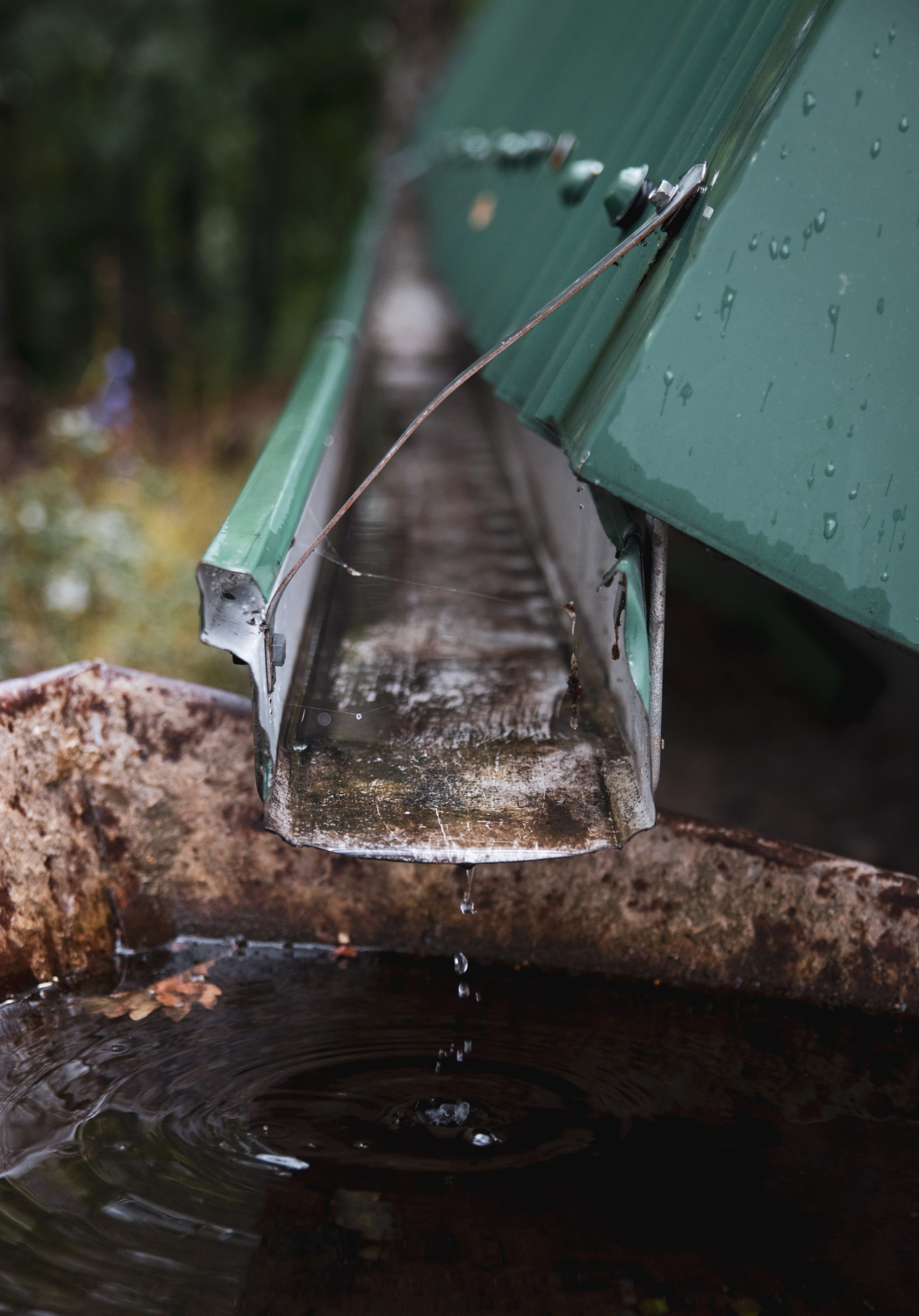$45 Drain Cleaning Special
Schedule OnlineDrain Cleaning Special
4.8 / 5 Ratings based on 1384 reviews
Local Plumbers, Local Reviews
$45 Drain Cleaning Special
Schedule OnlineDrain Cleaning Special
4.8 / 5 Ratings based on 1384 reviews
Local Plumbers, Local Reviews

When you’re finished cooking a delicious meal, you might wonder what to do with the leftover oil in your pan. It’s tempting to pour it down the drain—after all, it’s liquid, and it seems like it should flow right through the pipes without a problem. However, disposing of oil this way can lead to serious issues in your home’s plumbing system and even cause costly damage that requires professional sewer repair in Huntington Beach, CA.
In this blog post, our professionals from Urgent Rooter will explore why pouring oil down the drain is a bad idea, what the potential risks are, and how to dispose of oil safely to protect your plumbing and the environment.
While it may seem harmless at first, pouring oil down the drain can cause long-term damage to your plumbing system. Cooking oils, such as vegetable oil, olive oil, and bacon grease, may be liquid when hot, but they solidify as they cool. When you pour oil down the drain, it can coat the inside of your pipes, creating sticky, greasy buildup that attracts other debris. Over time, this buildup can narrow your pipes and cause blockages, leading to clogs that slow down drainage or stop it altogether. In some cases, the damage becomes so severe that you’ll need professional pipe repair to fix the problem.
Do you hear the sound of water gurgling through your walls? Have you discovered…
Commercial plumbing plays a crucial role in maintaining operational efficiency and customer satisfaction, especially…
Copper piping has long been regarded as a staple in plumbing systems due to…
It’s not just your pipes at risk, pouring oil down the drain can have a significant impact on your entire sewer system. As grease and oil build up in the sewer lines, they can contribute to the formation of fatbergs, which are large, solid masses of fat and debris that clog up municipal sewer systems. These blockages can lead to backups, overflows, and even damage to sewer infrastructure, requiring costly sewer repair. By avoiding pouring oil down the drain, you’re helping to prevent these problems in both your home and your community’s wastewater system.
Ignoring the issue of oil disposal can result in more than just a minor inconvenience. If your pipes become clogged with hardened grease, you may experience slow drainage, foul odors, and even backups into sinks or bathtubs. In severe cases, you might face flooding or wastewater spills inside your home, which can create an unhealthy and hazardous environment. The cost of pipe repair or sewer repair to resolve these issues can be significant, especially if the problem has been building up over time. Routine maintenance and responsible oil disposal are key to preventing such costly repairs.
The good news is that there are safe and responsible ways to dispose of cooking oil. Once the oil has cooled, you can pour it into a container with a tight-fitting lid, such as a used plastic bottle or a metal can. When the container is full, take it to a local recycling center that accepts used cooking oil, or dispose of it in the trash according to your local regulations. Some areas even have programs that recycle used cooking oil into biodiesel, which is an environmentally friendly fuel alternative. By properly disposing of oil, you’re not only protecting your pipes but also doing your part to reduce environmental harm.
To avoid the need for costly pipe or sewer repair, it’s essential to develop good habits in your kitchen. Never pour oil, grease, or fat down the drain, no matter how small the amount. Instead, wipe down greasy pans with paper towels before washing them, and collect leftover oil in a container for disposal. Regularly using strainers in your sink can also help prevent food particles and other debris from entering your pipes. If you do encounter drainage problems, call a professional plumber right away to assess the situation and prevent further damage.
Are you in need of a sewer or pipe repair? Luckily, we at Urgent Rooter have dedicated workers ready at your service. Contact our representatives for more questions.
The thought of replacing underground pipes often brings images of torn-up lawns, broken concrete, and weeks of disruption. That concern is valid since pipe replacement used to mean heavy excavation and significant property damage. Yard space,…
Read MoreBaking soda and vinegar have long been promoted as a simple, natural way to clear slow or clogged drains. The idea sounds…
Read MoreA persistent damp or musty smell inside your home is more than just an unpleasant inconvenience. That odor often points to hidden…
Read More